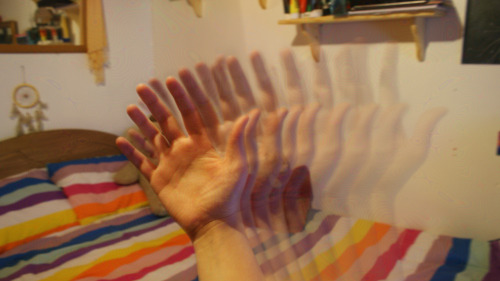 The "gene" revolution in evolutionary biology came after the discovery of the
molecular basis of DNA genes - and around the time that kin selection came on
the scene. Probably both events were significant facilitators of the revolution.
The "gene" revolution in evolutionary biology came after the discovery of the
molecular basis of DNA genes - and around the time that kin selection came on
the scene. Probably both events were significant facilitators of the revolution.Cultural kin selection has been fairly rarely mentioned until recently, and there's a lot to say about it - as I am finding out by writing by book chapters about cultural nepotism, and cultural eusociality.
Kin selection - more than most aspects of biology - forces you to adopt the genes' eye view, in order to understand which behaviours are likely to promote which genes. It's the same with cultural kin selection: you're really forced to adopt the meme's eye view - in order to understand what is going on.
Another factor that parallels the situation in the organic realm is group selection enthusiasm. In the 1960s, many of the same topics that were eventually modeled with kin selection were attributed to group selection. When kin selection came along, with its explicit quantitative models of relatedness - it more or less ate group selection's lunch. I expect a broadly similar phenomenon to take place in the realm of cultural evolution.
This picture of parallels between the sciences of cultural and organic evolution puts academic cultural evolution some 40 years behind the organic evolution. Other pointers suggest that sort of lag as well - for instance the poor understanding of symbiology. Of course, in some respects things are both more and less advanced. Cultural evolution still lags behind where evolutionary theory was the 1930s - in some respects - while a few individual pioneers have raced on ahead.
The good news is that cultural evolution seems to be slowly catching up. Science done on internet time looks a little different. In the last five years, the picture of the field has changed dramatically.










No comments:
Post a Comment